Asos boss Nick Robertson insisted that it is still on track despite its profits fall but warned actions to lower prices overseas are not a silver bullet.
Robertson, who unveiled a 14% drop in full year pre-tax profits as currency fluctuations hit its overseas sales, has started to introduce localised pricing which will be present in three of its international sites ahead of Christmas.
However, he warned: “It’s not flicking a switch and all of a sudden all of Asos woes are fixed. This is a forever journey of adjusting prices.”
Asos has been working to enable it to introduce zonal prices after the strength of the British Pound made its prices appear up to 25% more expensive in some markets. Robertson said Australia and Russia were the hardest hit.
He pointed that Asos was not alone in being impacted by currency fluctuations and highlighted that last month the world’s biggest fashion retailer Inditex’s posted a first half profits fall as a result of exchange rates.
Robertson said Asos was unable to recover lost profits as it was investing heavily in its business last year. He highlighted its £8.6m Chinese launch and the investment in has made to boost capacity at its Barnsley distribution centre as other burdens on his bottom line.
However, he said that online fashion is still “on the up” and Asos has only scratched the surface of the opportunity. He said its 8.8m active users represents just 4% of global opportunity.
He also drew attention to Asos’ sales growth. “We’ve added two hundred and odd million to sales in one year, that’s bigger than Boohoo,” he highlighted.
Asos’ UK business grew at 35% in the year although this came in around mid-20% when stripping away the impact of the extra promotions it was forced to launch to clear excess stock.
“In a market where we can price things competitively, look what happens,” he said.
Robertson said it would reduce promotions in the year ahead as its stock levels returned back to normal.
Asos is forecasting 15% to 20% sales growth in its current year and expects profits to be flat as it invests back into price overseas.
“If I’m going to be competitive in the markets I want to operate I have to reduce my prices because they’re out of kilter with the local competition,” said Robertson. “I can’t reduce prices and make the same margin. I know I’ve got more in the tank but that will come in later years.”
Robertson, who owns 10% of Asos, also dismissed a rumoured takeover of the business by Amazon as speculation.
He said: “Is there someone somewhere that can do something for us that we can’t do ourselves? You can’t plug in Amazon. So they’re not my dream partner.”


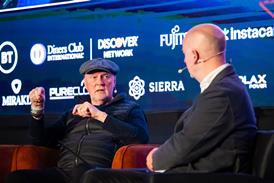
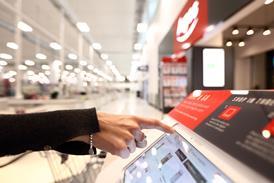

















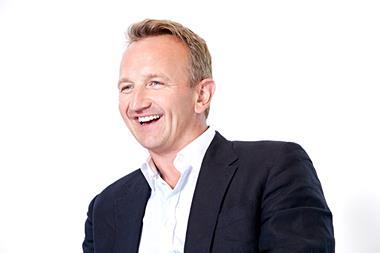
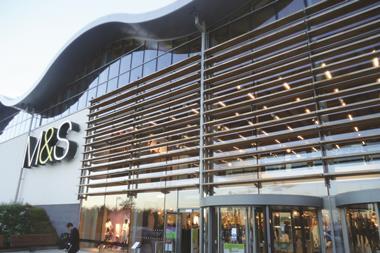
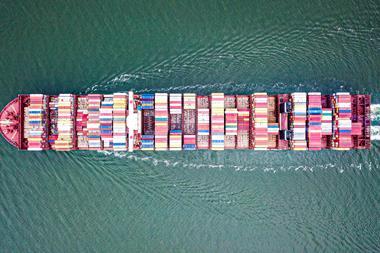
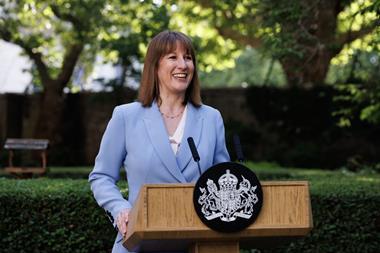
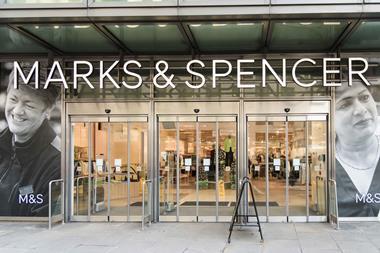
No comments yet